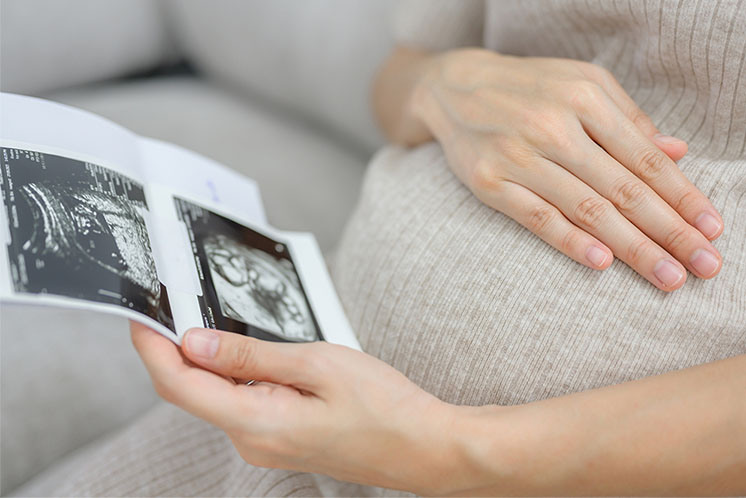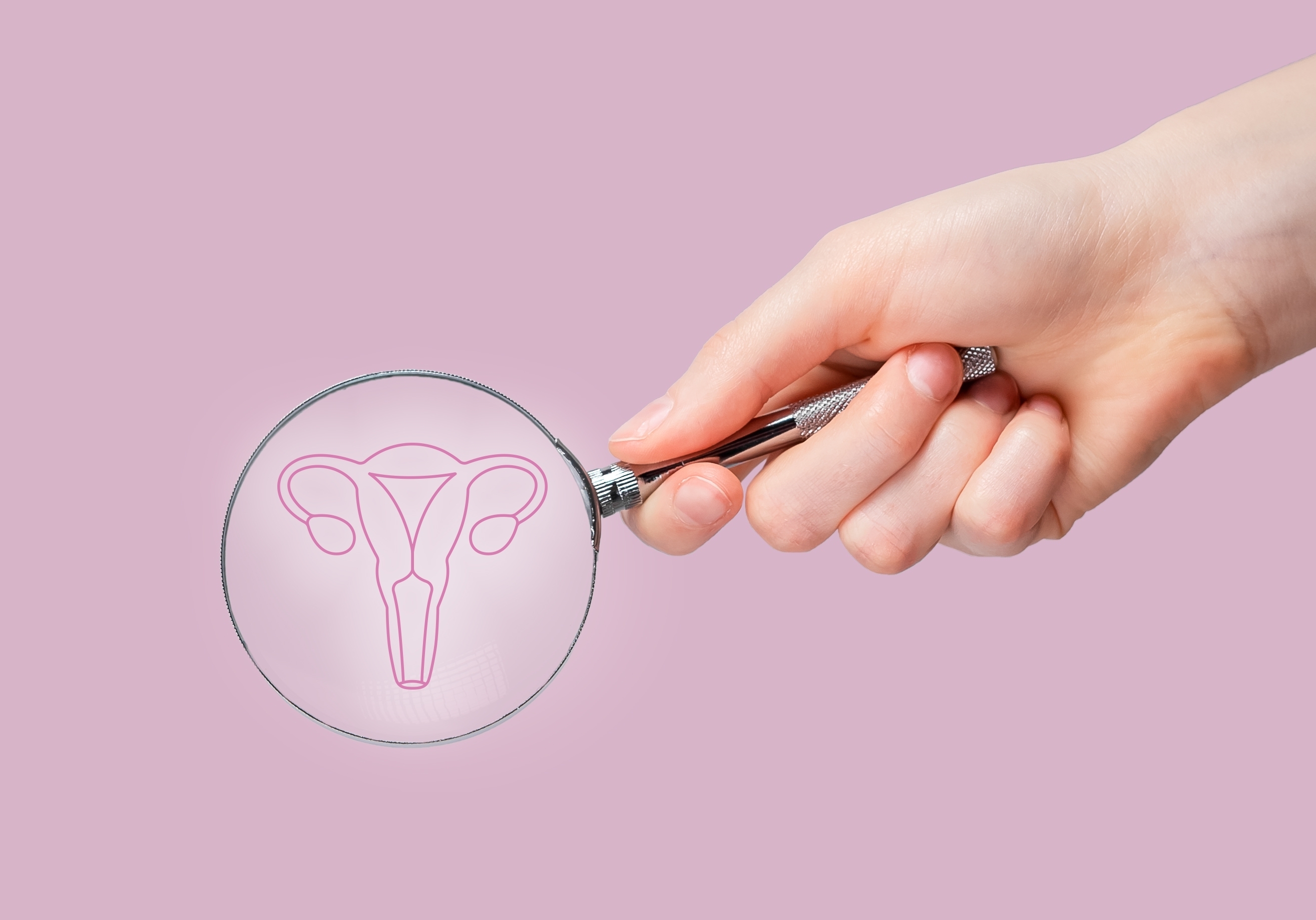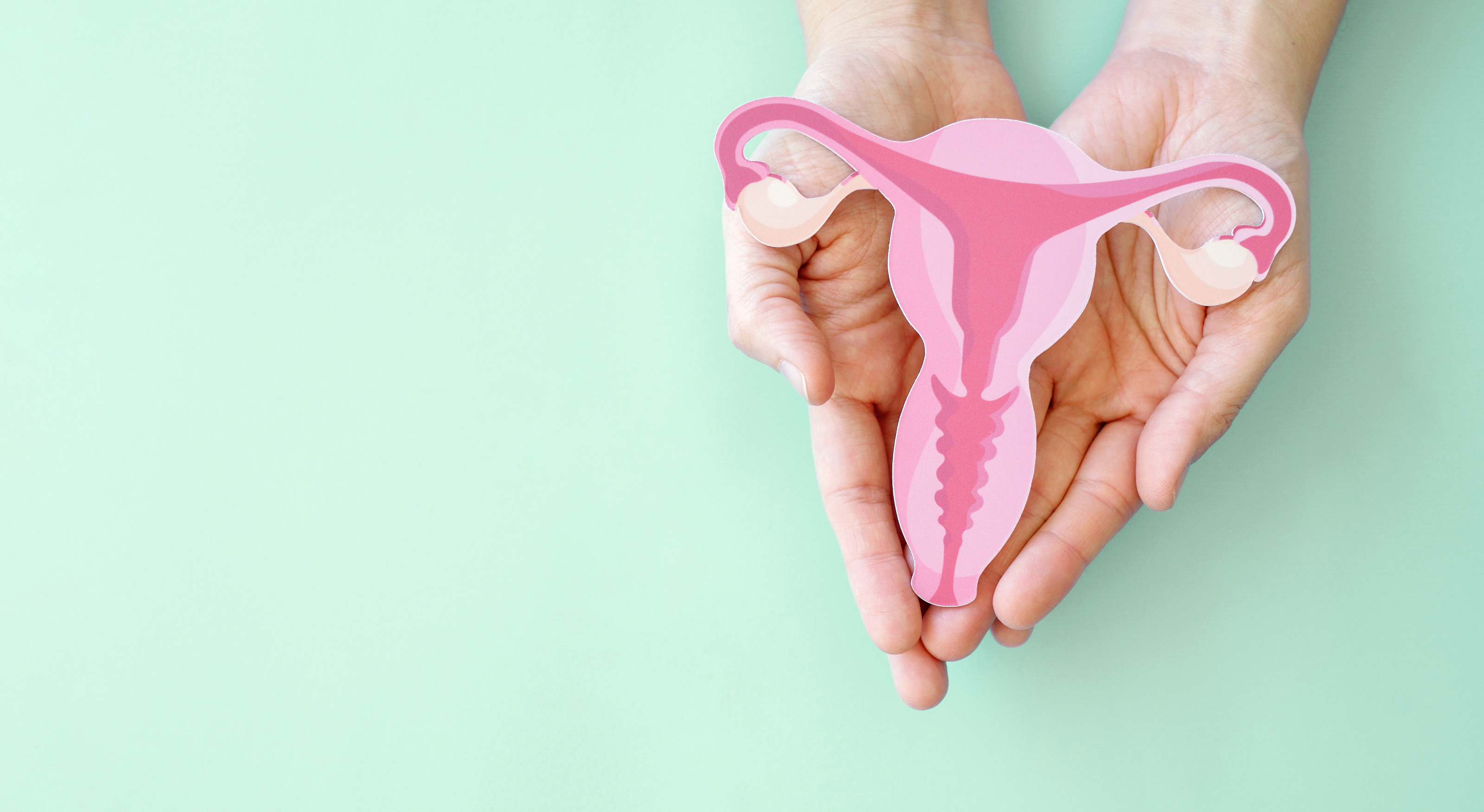Distinguishing Between Stomach Pain, Abdominal Pain, and Labour Contractions
When pregnant, any abdominal discomfort can cause anxiety, as many worry about the health of their baby. However, it's important to understand that there are different types of pain: stomach pain, abdominal pain, and labour contractions. By recognising these differences, expectant mothers can alleviate unnecessary worries.
Stomach Pain:
Due to hormonal protection, the likelihood of developing gastric issues is quite low for pregnant women. Most stomach pain is caused by acid reflux, which can also lead to a burning sensation in the chest or throat. To prevent acid reflux, it is advisable to eat smaller meals more frequently to neutralise stomach acid. Additionally, when sleeping, using two pillows to elevate the upper body can help prevent stomach acid from flowing back.
Abdominal Pain:
This is often caused by the expansion of the uterus, which stretches the ligaments supporting it, leading to discomfort on either side of the abdomen. As long as a doctor has ruled out other causes, this type of pain is usually normal and tends to improve during the second trimester.
Labour Contractions:
These are signs of impending childbirth and are characterised by regular contractions of the uterus and a tightening sensation in the abdomen. It’s essential to monitor the timing and duration of each contraction, which may become more frequent, occurring every 2-3 minutes.
What Constitutes Abnormal Vaginal Discharge, and Do Treatments Affect the Baby?
During pregnancy, hormonal changes often lead to increased vaginal discharge. Normal discharge is typically clear, odourless, and free of itching. However, if the discharge is yellow or green, has an unpleasant smell, or is accompanied by itching, it may indicate a bacterial infection, commonly caused by Candida. While treatments often involve vaginal suppositories, they are generally safe for the baby. Maintaining proper hygiene is crucial; wearing cotton underwear and using panty liners appropriately can help, while avoiding harsh detergents like bleach is advised.
Why Do Pregnant Women Often Experience Dizziness?
Experiencing dizziness during pregnancy is quite common and primarily results from increased pressure on blood vessels due to the expanding uterus. If blood flow is insufficient, dizziness can occur. Other contributing factors include hormonal changes leading to swelling or prolonged periods without eating, which can cause low blood sugar. It is advisable to eat regularly, avoid crowded places, and try to sit or lie down with legs elevated when feeling faint.
Does Pregnancy Affect Dental Health?
Many pregnant women worry that pregnancy will negatively impact their dental health. However, the calcium required by the fetus mainly comes from the mother's bones and diet, meaning pregnancy does not inherently deteriorate dental health.
Common dental issues during pregnancy include pregnancy gingivitis and sensitive teeth. Pregnancy gingivitis is caused by hormonal changes that make gums more susceptible to plaque irritation, leading to redness and bleeding. Additionally, many expectant mothers experience tooth sensitivity when consuming hot, cold, sweet, or acidic foods. This sensitivity often arises from vomiting or cravings for acidic foods, which can erode tooth enamel and expose sensitive dentin. To maintain oral health, pregnant women should prioritise oral hygiene and ensure thorough brushing to remove plaque.
Why Do I Feel Tired During the Day but Struggle to Sleep at Night?
Insomnia is common during the early and late stages of pregnancy. Despite feeling fatigued during the day, many find it difficult to sleep at night. This can be attributed to hormonal changes that disrupt the body's natural circadian rhythm. Additionally, as the fetus grows, the increased physical burden can contribute to sleeplessness. It is recommended to relax, read leisurely materials, avoid stimulating foods, and refrain from taking sleeping pills, as medications can be transmitted to the baby.



























